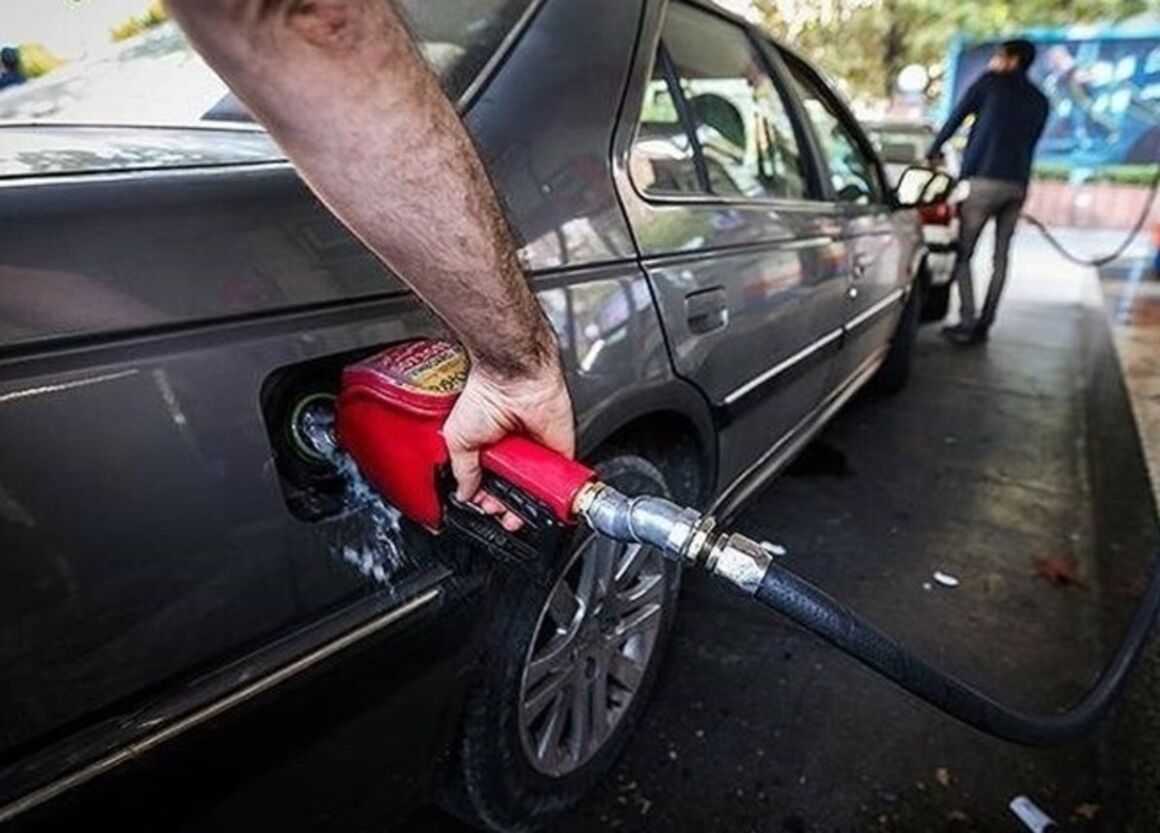Mohammad-Sadeq Azimifar stated that gasoline reserves have increased by more than 300 million liters compared to the same period last year.
Speaking to reporters on Sunday, on the sidelines of a ceremony to sign a memorandum of understanding for the "Real-Time Monitoring and Smart Management of the National Petroleum Products Supply Chain" project, Azimifar emphasized that the distribution of petroleum products is a national responsibility.
"We consider ourselves accountable for the proper distribution and consumption of these products, which are a trust of the Iranian people," he said.
Azimifar noted that the production of gasoline and diesel in Iran has significantly increased since the Islamic Revolution.
However, he pointed out that the country’s energy consumption intensity is more than 2.5 times the global average. He identified fuel smuggling as a major factor contributing to the increased consumption of liquid petroleum products, calling it an undeniable issue.
The NIORDC head stressed the need for proactive measures to combat fuel smuggling, stating, "We aim to maximize the use of available resources to minimize the smuggling of petroleum products. One of these resources includes equipping the NIORDC with real-time monitoring systems and smart technologies to manage the production, transfer, and distribution of petroleum products."
Largest smartening project in oil industry
Azimifar highlighted that the "Real-Time Monitoring and Smart Management of the National Petroleum Products Supply Chain" project involves three leading Iranian companies in various fields, including the National Iranian Oil Engineering and Construction Company, MAPNA Group, and Irancell. He described the project as the largest smartification initiative in the country’s oil industry.
He also noted that the primary source of fuel smuggling lies in the consumption sector, where there is a lack of oversight. Azimifar said relevant authorities, under the guidance of the Anti-Smuggling Headquarters, will take action to address this issue.
Regarding the increase in gasoline reserves, Azimifar revealed that a new smart fuel system architecture is being developed in collaboration with the banking sector. He anticipated that the new fuel distribution infrastructure would likely be operational by next year.
Azimifar also mentioned the successful operation of the pipeline supplying feedstock to the Bandar Abbas refinery, confirming that the refinery’s feedstock is being steadily transferred from the Goreh-Jask pipeline at a daily capacity of 250,000 barrels, with no issues reported.


Your Comment